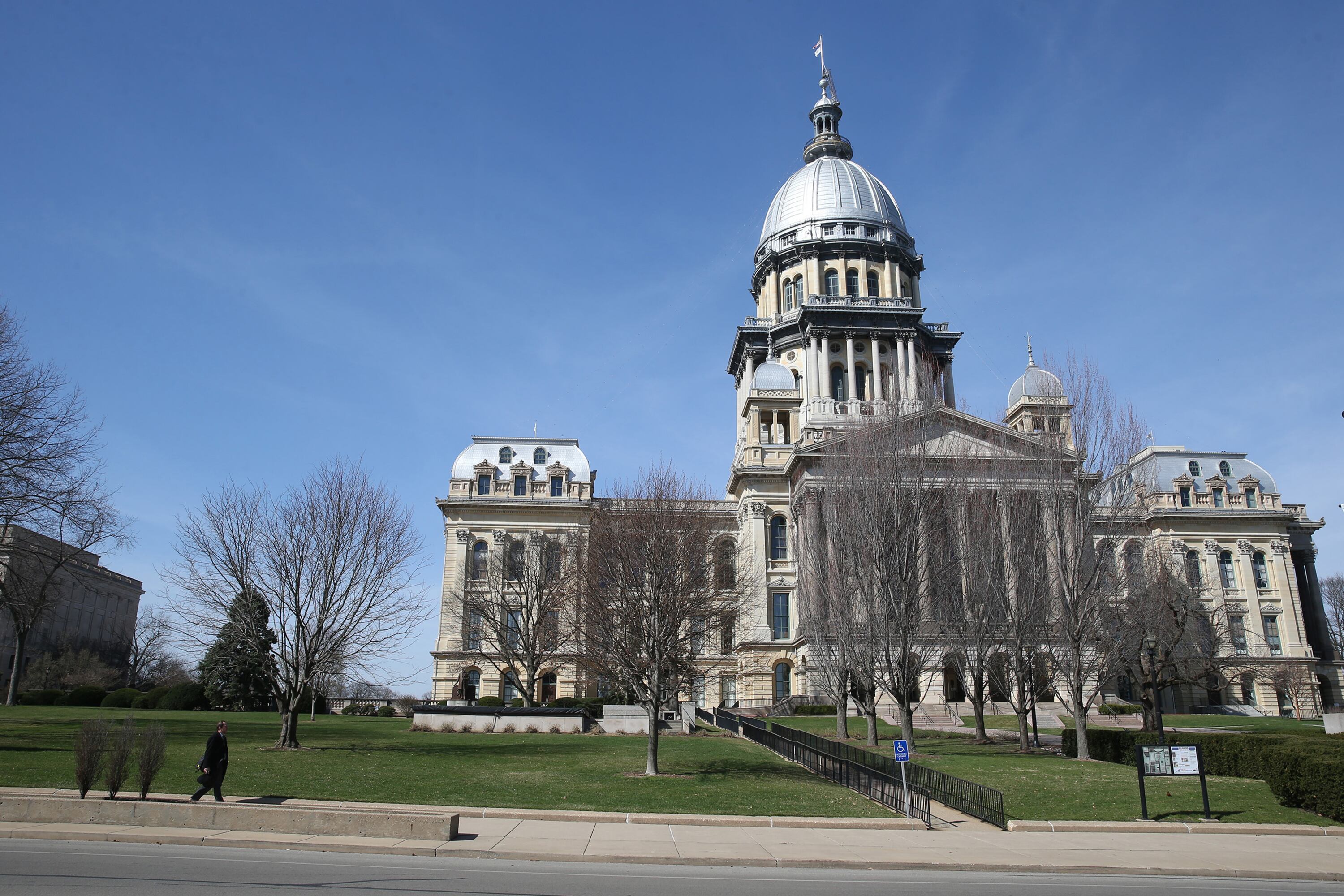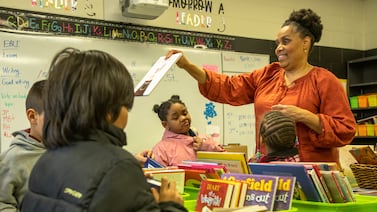Update: The bill passed the Illinois House Monday night.
An education bill that would raise the bar for high school graduation and place more students of color in advanced courses has traveled warp speed through the legislature and could soon land on Gov. J.B. Pritzker’s desk.
The Illinois Senate on Monday passed HB 2170, which the legislative Black caucus has championed, 40 to 18. The state’s House still has to approve amendments before it can go to the governor.
The omnibus legislation would create major changes to high school graduation requirements, starting in 2024-2025. Such shifts would ensure that more students meet admission standards for the University of Illinois, proponents said. The new diploma requirements include two years of laboratory sciences, two years of a foreign language, and one year of computer literacy.
The education bill also requires that schools automatically enroll qualifying students into advanced courses, such as Advanced Placement and dual credit. That move is intended to broaden access for students of color and eliminate bias in who is selected to participate in the courses.
Other parts of the legislation include initiatives to address the teacher shortage, increase educator diversity, improve access to early childhood education, and push the Illinois state board to revamp the American History curriculum to do a better job incorporating Black history.
An effort to extend the school calendar to make up for the coronavirus interruption did not make it into the final version. In its current form, the bill requires that a panel of education leaders consider short-term and long-term goals to address the digital divide and impact of school closures on students.
The state’s legislative Black caucus developed the ambitious education bill over the past several months. The effort, backed by Senate Majority Leader Kimberly Lightford, stemmed from state Senate hearings with education advocates, educators, and other community members, she said. The legislature put together almost 500 pages of policy changes to advance racial equity in education.
“I just felt proud of the work that we’ve done,” she said, calling the policy “meaningful and impactful for children, Black children. for generations to come,” she said.
Jessica Handy, government affairs director for Stand for Children Illinois — a nonprofit education advocacy organization — praised the bill for its focus on addressing racial inequities in education.
“The goal is to eliminate systemic racism and structural injustices that exist right now in education law, so that every kid has access to the same high quality education,” said Handy. “This bill will move us significantly forward.”
Still, some advocates would like to see the legislature reconsider lengthening the school year. Robin Steans, President of Advance Illinois, acknowledges that the idea is controversial, but urges its consideration in light of pandemic-era learning loss.
“Every district would have to put in a couple of additional weeks for the next three years, but it would be up to each district in how they do that — whether that means lengthening their school days, school year or some combination of those things. In making those decisions, you would have had to negotiate costs,” explained Steans.
Steans hopes that the legislature revisits this issue in another legislative session. “What we know from other events like this when kids have had that much disrupted learning that is going to follow them for the rest of their lives if we don’t do something about it,” Steans said.







